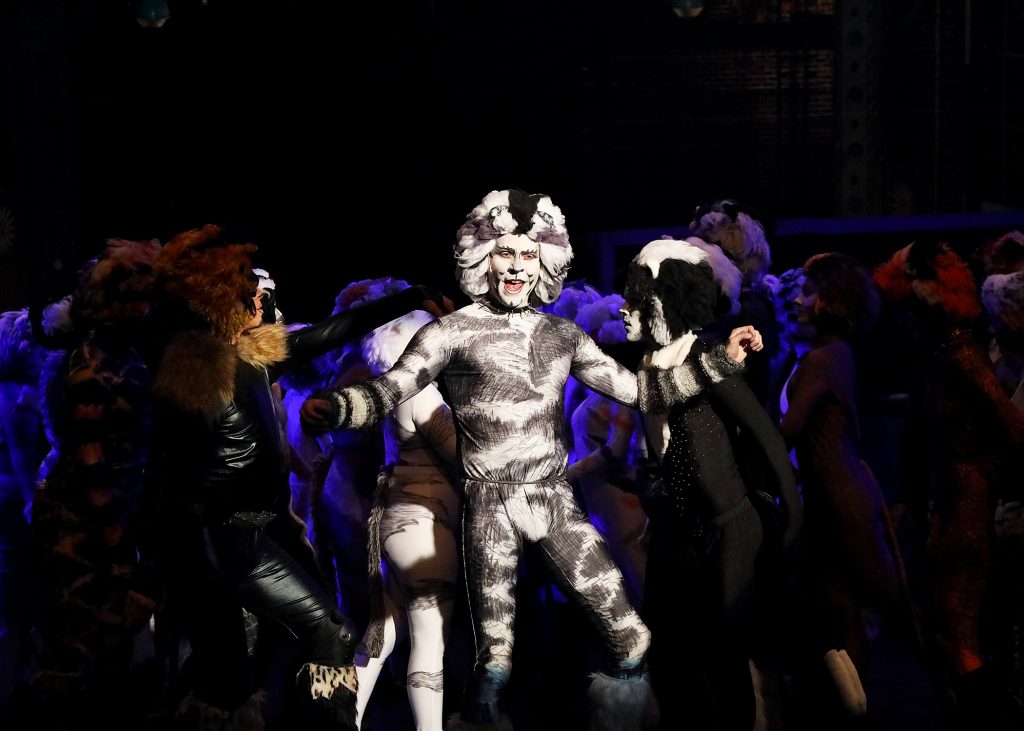
Types of Musicals: Concept Musicals
In the ever-diverse realm of musical theatre, there exists a category that dares to defy traditional storytelling conventions: the concept musical. Rather than presenting a linear narrative, these shows prioritize theme, message, or a central idea, often pushing the boundaries of what musical theatre can be.
Redefining Storytelling in Musicals
At the heart of a concept musical is a central theme or concept. The narrative, rather than being straightforward, often takes a backseat, allowing the thematic elements to shine through. This can result in a fragmented or non-linear storyline, where the emotional journey and overarching message are paramount.
Pioneers of the Concept Musical
While the genre has roots in earlier experimental theatre, the late 20th century marked its true emergence:
- Stephen Sondheim – Often hailed as the master of the concept musical, Sondheim’s works like “Company” and “Follies” explore complex themes without adhering to traditional storytelling structures.
Why Concept Musicals Resonate
Deep Reflection: These musicals often tackle profound and thought-provoking themes, prompting audiences to reflect on societal norms, human relationships, and personal introspection.
Innovative Staging: Freed from the constraints of linear storytelling, directors and designers can experiment with avant-garde staging, lighting, and choreography.
Varied Interpretations: The abstract nature of concept musicals means they can be interpreted in myriad ways, allowing for fresh and diverse productions of the same show.
Standout Concept Musicals
- “Cats” (1981) – Based on T.S. Eliot’s poems, this Andrew Lloyd Webber musical lacks a traditional narrative, focusing instead on the individual stories and personalities of the Jellicle cats.
- “A Chorus Line” (1975) – Delving into the lives and struggles of Broadway dancers auditioning for a show, it’s more a series of personal stories than a straightforward plot.
- “Cabaret” (1966) – While it has a discernible storyline, the musical uses the decadent Kit Kat Club as a lens to comment on the rise of Nazism and societal decay in Weimar Germany.
Challenges of the Genre
Audience Expectations: Some theatre-goers, expecting a clear-cut story, may find concept musicals confusing or unsatisfying.
Critical Divides: Due to their experimental nature, concept musicals can be polarizing, often receiving both high praise and strong criticism.
The Future and Legacy of Concept Musicals
As the arts world continues to evolve and push boundaries, the concept musical remains a testament to the limitless possibilities of musical theatre. Modern composers and lyricists are continually drawn to this format, seeking new ways to explore deep themes and challenge audiences.
In conclusion, concept musicals, with their boldness and depth, enrich the landscape of musical theatre. They remind us that sometimes, it’s not just about the story being told, but the way in which it’s presented, and the introspection it invokes.






